Marcus Aurelius: The Philosopher Emperor Who Ruled Rome
Introduction to Marcus Aurelius
Marcus Aurelius, born on April 26, 121 AD, remains one of the most respected figures in Roman history. He was not only the last of the "Five Good Emperors" of the Pax Romana but also a profound Stoic philosopher whose writings continue to inspire millions today. His reign (161–180 AD) was marked by military conflicts, political challenges, and a deep commitment to virtue and wisdom.
Unlike many rulers, Marcus Aurelius was not driven by power or wealth but by a sense of duty and ethical governance. His personal reflections, compiled in *Meditations*, reveal a man who constantly scrutinized his own character, striving to live a life of moral integrity despite the immense pressures of leadership.
Early Life and Rise to Power
Marcus Aurelius was born into a prestigious Roman family in Hispania Baetica (modern-day Spain). His father, Marcus Annius Verus, died when he was young, leaving him under the guardianship of his grandfather and later Emperor Hadrian. Recognizing Marcus’s intellectual and moral potential, Hadrian arranged for his succession by adopting Antoninus Pius as heir, with the condition that Marcus would later inherit the throne.
Growing up in Rome’s elite circles, Marcus received an exceptional education in rhetoric, literature, and philosophy. He was particularly drawn to Stoicism, adopting its tenets of self-control, rationality, and acceptance of fate. His tutor, Junius Rusticus, introduced him to the works of Epictetus, which profoundly influenced his thinking.
In 138 AD, Antoninus Pius became emperor, and Marcus was groomed as his successor. Though he never sought power, he accepted his role with humility and dedication. His marriage to Faustina the Younger, Antoninus’s daughter, further solidified his political position.
Reign as Emperor: Challenges and Leadership
Marcus Aurelius ascended to the throne in 161 AD, co-ruling initially with Lucius Verus, his adoptive brother. Their reign was immediately tested by external threats—most notably the Parthian War (161–166 AD) and the Marcomannic Wars (166–180 AD), where Germanic tribes invaded Roman territories.
Despite his preference for philosophy over warfare, Marcus proved to be a capable military leader. He spent much of his reign on the frontiers, overseeing campaigns to secure Rome’s borders. His dedication to duty earned him the respect of his troops and the Roman people.
Domestically, Marcus Aurelius governed with fairness and compassion. He reformed laws to protect slaves, improved the welfare system for orphans, and emphasized justice over retribution. His reign was free from the tyranny and excess that had plagued earlier emperors, reinforcing Rome’s stability.
Stoicism and the Meditations
What truly sets Marcus Aurelius apart from other emperors is his philosophical legacy. During his military campaigns, he wrote *Meditations*—a series of personal reflections never intended for publication. These writings offer timeless insights into Stoic philosophy, resilience, and ethical leadership.
Key themes in *Meditations* include:
- **Acceptance of Nature:** Marcus emphasizes living in harmony with the natural order, accepting both joy and hardship as part of life.
- **Self-Discipline:** He advocates mastering one’s emotions and desires to achieve inner peace.
- **Impermanence:** Frequent reminders of mortality reinforce the need to focus on virtue amidst life’s fleeting nature.
- **Duty:** He viewed leadership as service, not privilege, and stressed moral responsibility to others.
These principles guided his decisions as emperor, shaping his empathetic yet resolute leadership style.
Conflict and Personal Struggles
Marcus Aurelius’s reign was not without personal and political turmoil. The deaths of his co-emperor Lucius Verus (169 AD) and his wife Faustina (175 AD) weighed heavily on him. Additionally, his trusted general, Avidius Cassius, briefly revolted in 175 AD, though Marcus responded with restraint, preferring reconciliation over vengeance.
His health also declined in his later years, yet he refused to let pain deter his responsibilities. His resilience in adversity exemplified Stoic ideals—facing suffering with dignity and perseverance.
Legacy of a Philosopher King
Marcus Aurelius died on March 17, 180 AD, in Vindobona (modern Vienna), likely from natural causes. His death marked the end of Rome’s golden era, as his son Commodus—known for his erratic and tyrannical rule—succeeded him.
Despite this unfortunate succession, Marcus Aurelius left an indelible mark as a leader who wielded power with wisdom rather than force. His *Meditations* remains a seminal work in philosophy, studied by statesmen, soldiers, and thinkers across millennia.
Historians often contrast his virtuous leadership with the corruption of later emperors, making his reign a benchmark for ethical governance. His life serves as a testament
The Military Campaigns of Marcus Aurelius
Despite his philosophical nature, Marcus Aurelius spent much of his reign on the battlefield, defending Rome’s borders against formidable enemies. His military leadership was defined not by conquest but by necessity—his deep sense of duty compelled him to protect the Empire during turbulent times.
The Parthian War (161–166 AD)
Shortly after Marcus and his co-emperor Lucius Verus assumed power, the Parthian Empire invaded Rome’s eastern territories, defeating a Roman legion and sacking Armenia. The conflict demanded immediate action, and while Marcus remained in Rome to govern, Lucius was dispatched to lead the counteroffensive.
The war was a long and grueling campaign, but Rome ultimately prevailed. After retaking Armenia, Roman forces pushed into Parthian territory, capturing the capital cities of Ctesiphon and Seleucia. However, victory came at a cost—returning troops brought back a devastating plague, the Antonine Plague, which ravaged the Empire for years.
The Marcomannic Wars (166–180 AD)
While Rome was still recovering from the plague, Germanic tribes, including the Marcomanni and Quadi, crossed the Danube and invaded Roman provinces. This marked the beginning of over a decade of warfare along the northern frontier.
Marcus personally took command, leading legions in harsh conditions. His campaigns were not marked by ruthless aggression but by strategic patience. He fortified borders, negotiated treaties when possible, and struck decisively when necessary. His success in pushing back the invaders demonstrated his resilience and tactical acumen.
One legendary episode from this period, recounted by the historian Cassius Dio, describes a moment when Roman forces were trapped without water. According to the story, Marcus prayed for aid, after which a sudden rainstorm replenished their supplies—later called the "Miracle of the Rain." While this account is likely embellished, it reflects the deep respect soldiers had for their emperor.
The Philosopher on the Battlefield
Even amid war, Marcus Aurelius never abandoned his Stoic principles. Unlike many rulers who sought glory through conquest, he saw war as a tragic necessity. His writings in *Meditations* often reflect the internal struggle of fulfilling his duty while maintaining compassion:
*"Do not be ashamed to be helped. It is your duty to fulfill your role, as a soldier in an assault must stand his post. What, then, if you are lame and cannot climb the rampart alone, but could do it with another’s help?"* (Meditations, Book VII)
His ability to balance leadership, philosophy, and personal hardship made him an extraordinary figure in ancient history.
Marcus Aurelius and Roman Law
Though his military obligations were immense, Marcus also left a lasting impact on Roman jurisprudence. He believed that law should be just, equitable, and merciful.
Legal Reforms
- **Protection of Slaves:** He improved legal rights for slaves, allowing them to bring complaints against abusive masters.
- **Guardianship of Orphans:** He strengthened legislation to ensure proper care for orphaned children.
- **Equity Over Rigidity:** He often intervened in legal cases to prevent harsh punishments, emphasizing rehabilitation where possible.
Unlike autocratic emperors who ruled by decree, Marcus worked closely with the Senate and respected Rome’s legal traditions. His belief in justice as an extension of philosophy set a standard for ethical governance.
Personal Life and Family Struggles
Despite his public successes, Marcus Aurelius endured deep personal sorrows. His marriage to Faustina the Younger, though politically advantageous, was rumored to be tumultuous due to alleged infidelities. However, modern historians debate these accounts, as Marcus himself never publicly criticized her and honored her memory after her death.
Tragedy also struck with the premature deaths of many of his children. Of his 14 children, only a few survived into adulthood, including Commodus, whose later reign would tarnish the family’s legacy.
Marcus’s greatest personal trial came in 175 AD when General Avidius Cassius, believing a false report of the emperor’s death, declared himself ruler. Remarkably, Marcus responded with forgiveness, expressing sorrow rather than rage. Before he could confront Cassius, the usurper was killed by his own officers. Marcus declined to execute Cassius’s supporters, instead advocating clemency—a decision that demonstrated his Stoic restraint.
The Antonine Plague and Its Impact
One of the greatest catastrophes during Marcus’s reign was the Antonine Plague (165–180 AD), likely smallpox or measles brought back from the Parthian campaign. The disease decimated Rome’s population, killing an estimated five million people—including many soldiers, farmers, and key officials.
Marcus responded with practical measures:
- **Economic Relief:** He allocated funds to support families affected by the plague.
- **Recruitment Adjustments:** Due to military losses, he enlisted gladiators and freed slaves into the legions.
- **Moral Guidance:** In *Meditations*, he framed suffering as a natural challenge to be endured with resilience.
The plague weakened Rome economically and militarily, contributing to the instability that would follow his reign.
Final Years and Death
By 180 AD, Marcus Aurelius had spent nearly two decades defending the Empire. His health, never robust, declined further due to constant campaigning and stress. He died on March 17, 180 AD, in Vindobona (Vienna), possibly from illness or exhaustion.
His last days were reportedly spent dictating final thoughts to his scribes, reiterating the Stoic ideals that had guided his life. According to historian Cassius Dio, he uttered these words to his loyal aides:
*"Do not weep for me. Instead, think of the long decay of time and the many souls who have entered into immortality before me."*
His death marked the end of Rome’s golden age. His son Commodus, who inherited the throne, abandoned his father’s principles, leading Rome into decline.
Posthumous Influence
Marcus Aurelius was deified after his death, but his true legacy lies in his philosophical contributions. *Meditations*, though never meant for publication, became one of history’s most enduring works of Stoicism. Leaders from Frederick the Great to modern CEOs have drawn inspiration from his teachings on discipline, humility, and duty.
Archaeological finds, such as the Column of Marcus Aurelius in Rome, immortalize his military victories, while philosophers continue to study his thoughts on ethics. In an era where power often corrupts, Marcus Aurelius remains a rare example of a ruler who wielded authority with wisdom and virtue.
Marcus Aurelius in Historical Memory
Marcus Aurelius’s reputation has endured for nearly two millennia, shaped by both ancient chroniclers and modern historians. While many Roman emperors were remembered for their tyranny or extravagance, Marcus stood apart as a model of philosophical leadership. Roman historians like Cassius Dio and the *Historia Augusta* praised his fairness, wisdom, and restraint, though they also hinted at his struggles—especially regarding Commodus’s disastrous succession.
In later centuries, Renaissance scholars rediscovered *Meditations*, embracing its Stoic ideals. Enlightenment thinkers like Montesquieu and Voltaire admired Marcus as a ruler who balanced power with morality. Today, his legacy transcends academia, influencing fields from psychology to leadership training.
The Contrast Between Marcus and Commodus
One of history’s great tragedies is the sharp decline from Marcus Aurelius’s reign to that of his son, Commodus (180–192 AD). While Marcus prioritized duty and moral integrity, Commodus reveled in decadence, imagining himself as a gladiator-god and neglecting governance. Ancient historians depict him as paranoid, violent, and incompetent—a stark departure from his father’s virtues.
This dramatic shift raises enduring questions:
- **Parenting or Fate?** Did Marcus fail as a father, or was Commodus simply corrupted by power? Some speculate that Marcus, preoccupied with wars and governance, lacked time to instill his values in his heir. Others argue that Commodus inherited none of his father’s temperament.
- **The Problem of Hereditary Rule:** Marcus’s decision to appoint Commodus (breaking the tradition of adopting capable successors) is often criticized. Yet, as a Stoic, he may have accepted familial duty over political pragmatism.
Commodus’s reign destabilized Rome, foreshadowing the Crisis of the Third Century. Marcus’s death, therefore, marked not just the end of an era—but the beginning of imperial decline.
*Meditations A Guide for the Ages
Originally titled *Ta eis heauton* ("To Himself"), Marcus’s personal reflections were never intended for public consumption. Their survival is a stroke of historical luck, offering an intimate glimpse into the mind of a philosopher-king.
Core Teachings of *Meditations*
1. **Control What You Can:** Marcus frequently reiterated the Stoic dichotomy of control—focusing only on one’s own actions and attitudes, not external events.
2. **Memento Mori:** Reflections on mortality pervade the text, urging readers to live virtuously in the face of life’s brevity.
3. **Cosmic Perspective:** He viewed human struggles as trivial in the vastness of time, advising detachment from petty conflicts.
Modern readers, from soldiers to CEOs, have applied these principles to navigate adversity.
Marcus Aurelius and Modern Stoicism
The 21st century has seen a resurgence of interest in Stoicism, with Marcus as its most famous practitioner. Movements like "Stoic Week" and books like *The Obstacle Is the Way* by Ryan Holiday draw directly from *Meditations*. Psychologists also recognize parallels between Stoicism and cognitive-behavioral therapy (CBT), particularly in reframing negative thoughts.
For example, Marcus’s advice—
*"You have power over your mind—not outside events. Realize this, and you will find strength."*
—mirrors modern techniques for managing stress and anxiety.
Debates and Controversies
Despite his revered status, Marcus Aurelius was not without flaws or critics:
- **Persecution of Christians:** Some historians accuse him of tolerating persecutions, though evidence is sparse. His personal views on Christianity remain unknown, but his reign coincided with martyrdom narratives like those of Justin Martyr.
- **Military Overextension:** Critics argue his lengthy wars drained Rome’s resources, though others contend he had no choice but to defend the frontiers.
- **The "Perfect Emperor" Myth:** Modern scholars caution against idealizing Marcus. His *Meditations* reveals self-doubt and weariness, humanizing a figure often placed on a pedestal.
Marcus Aurelius in Art and Culture
From sculpture to cinema, Marcus’s image endures:
- **Equestrian Statue of Marcus Aurelius:** The lone surviving bronze equestrian statue of a Roman emperor, now in Rome’s Capitoline Museums, symbolizes his authority and humility.
- **Film and Literature:** He appears as a wise mentor in *Gladiator* (2000), though the portrayal is fictionalized. Historical novels, like *The Caesar’s Messiah* by Joseph Atwill, speculate wildly about his life.
- **Modern Iconography:** His face adorns books, podcasts, and even motivational posters, testifying to his timeless appeal.
Lessons for Contemporary Leadership
In an era of political polarization and short-term thinking, Marcus’s example offers a blueprint for ethical governance:
- **Humility in Power:** Unlike autocrats who demand worship, he saw leadership as service.
- **Resilience Under Pressure:** His ability to wage wars, survive plagues, and endure personal loss without succumbing to despair remains inspirational.
- **Ethical Consistency:** He refused to compromise his principles, even when expediency tempted him.
Business and military leaders, from General James Mattis to Bill Clinton, have cited Marcus as an influence.
The Enduring Question: Was Marcus Aurelius Happy?
His writings suggest a man grappling with sorrow, yet finding solace in philosophy. Unlike modern definitions of happiness, Stoicism equated


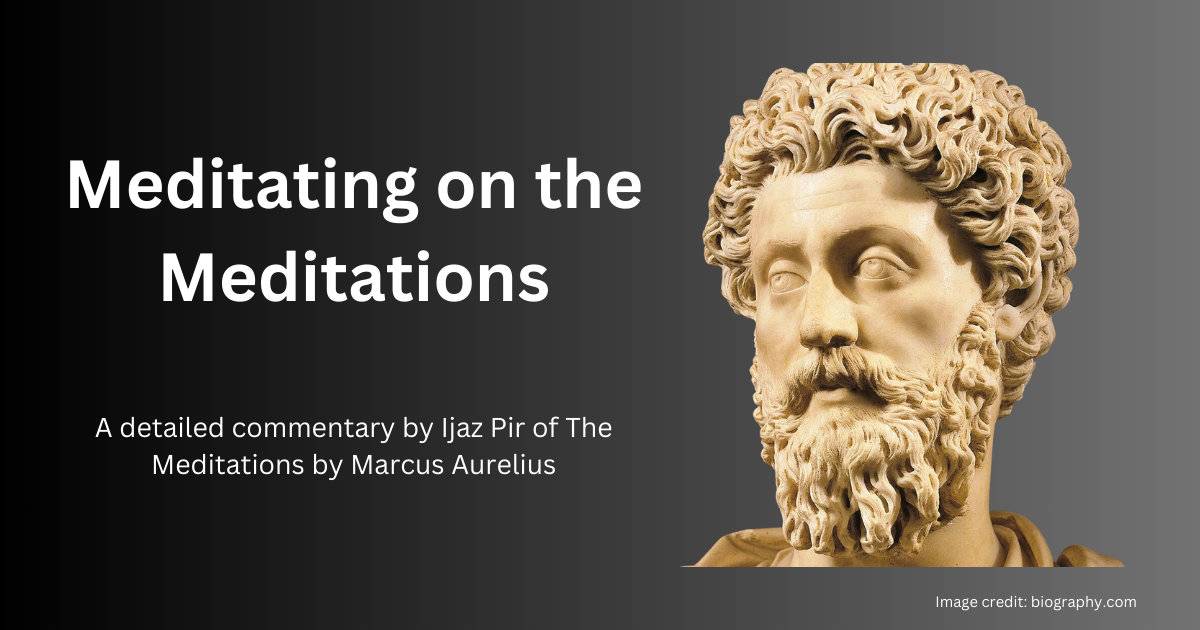

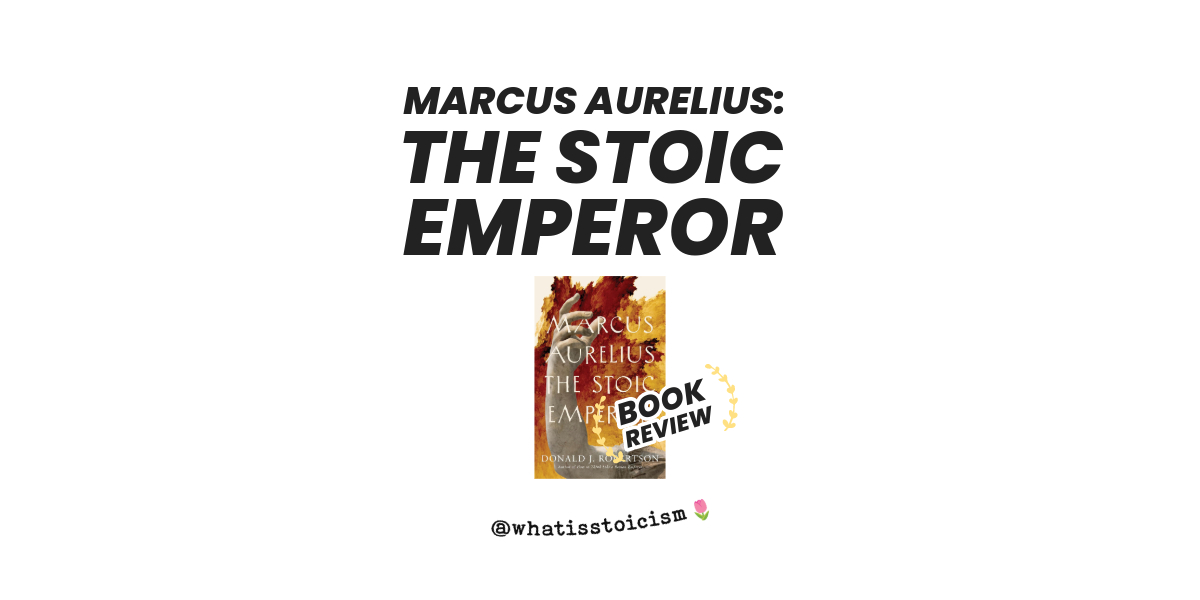
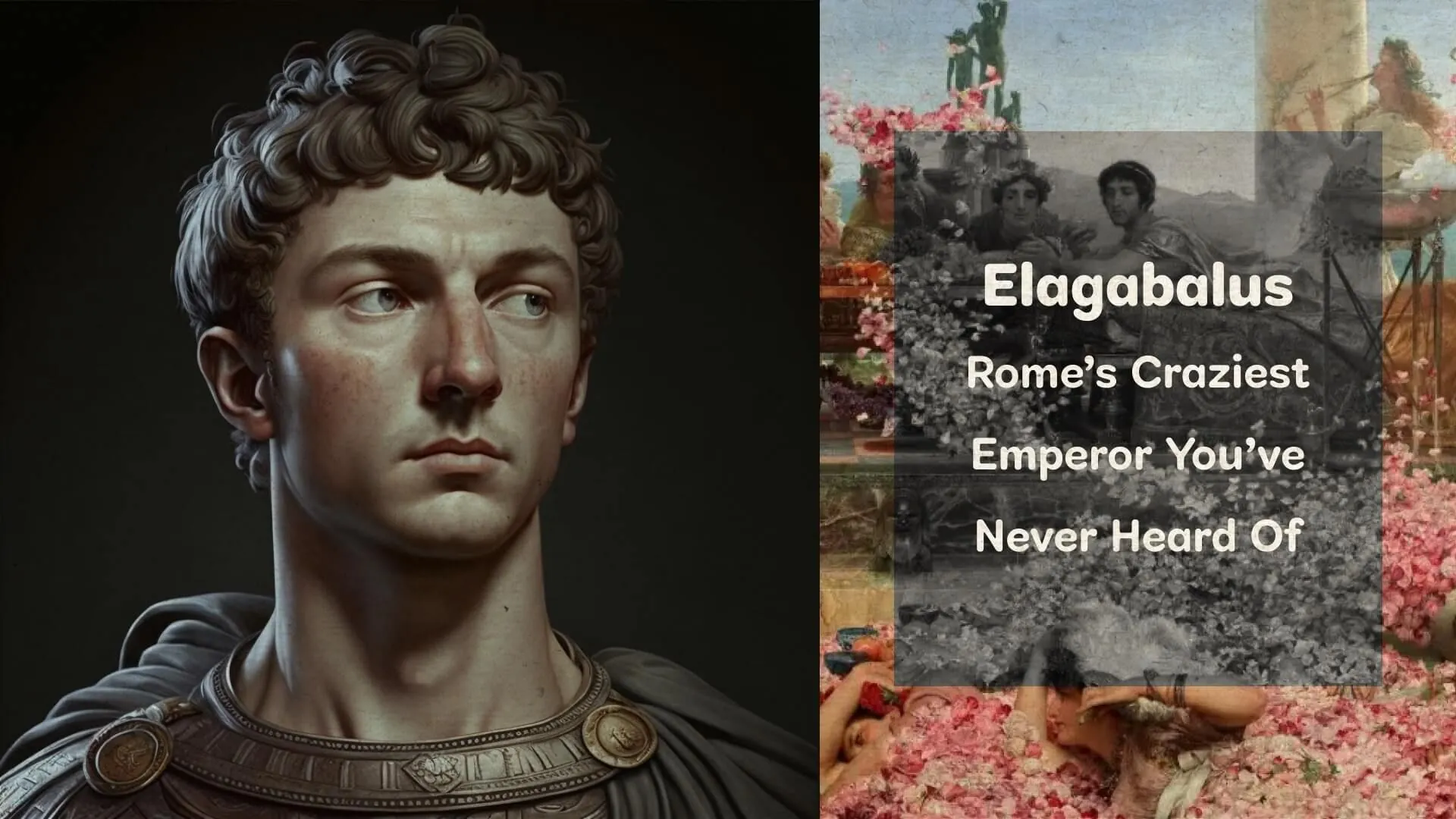

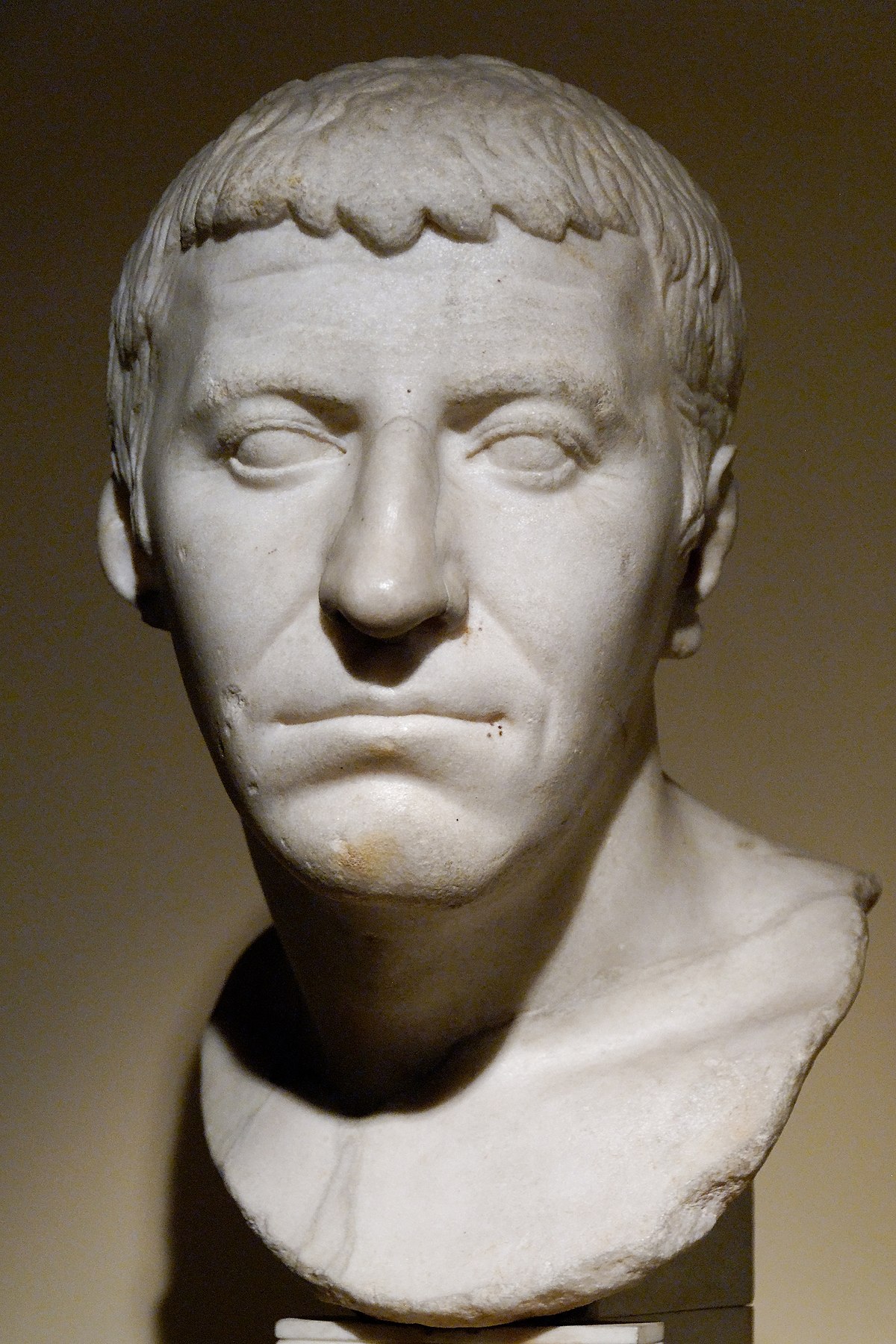








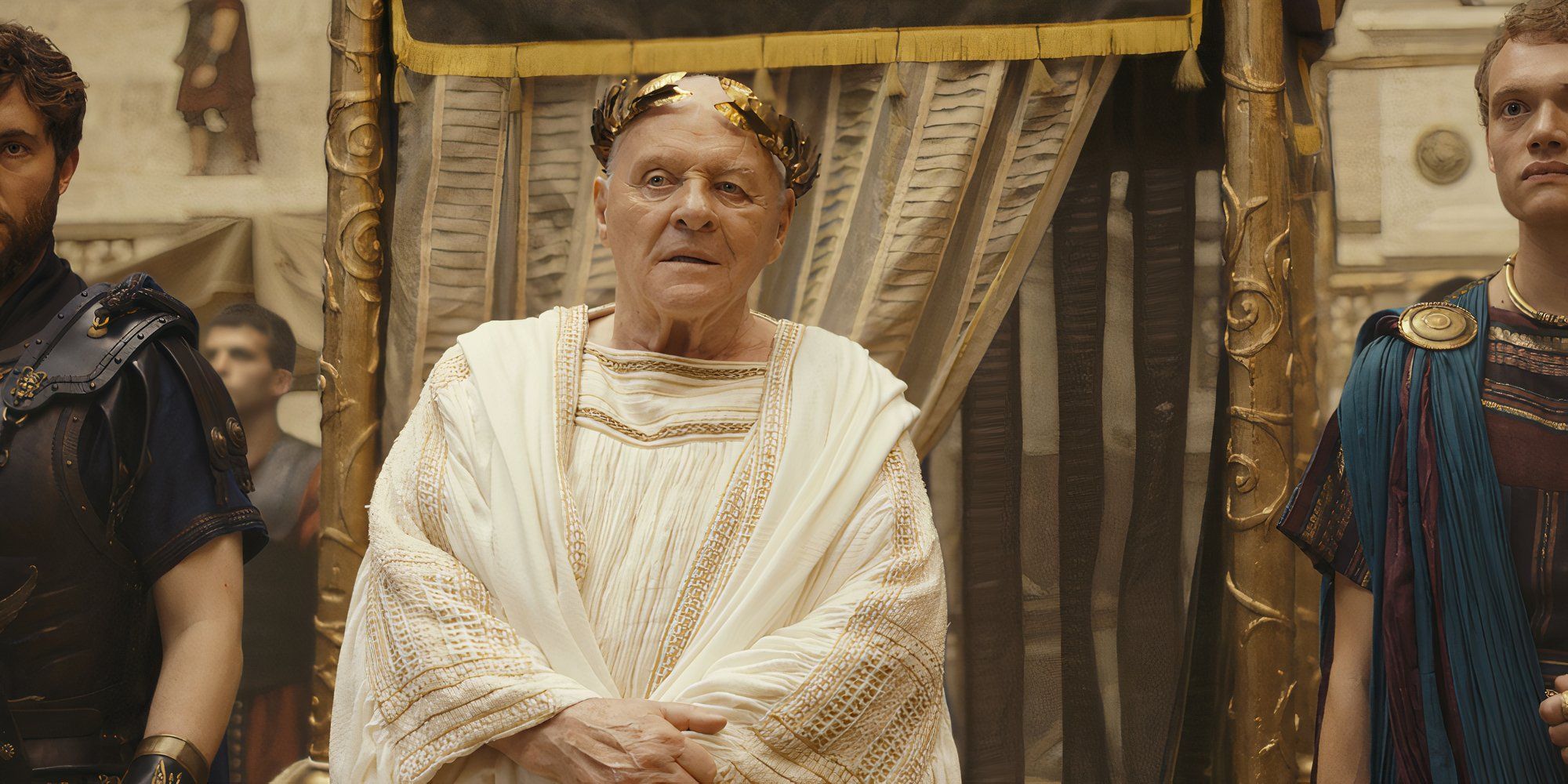
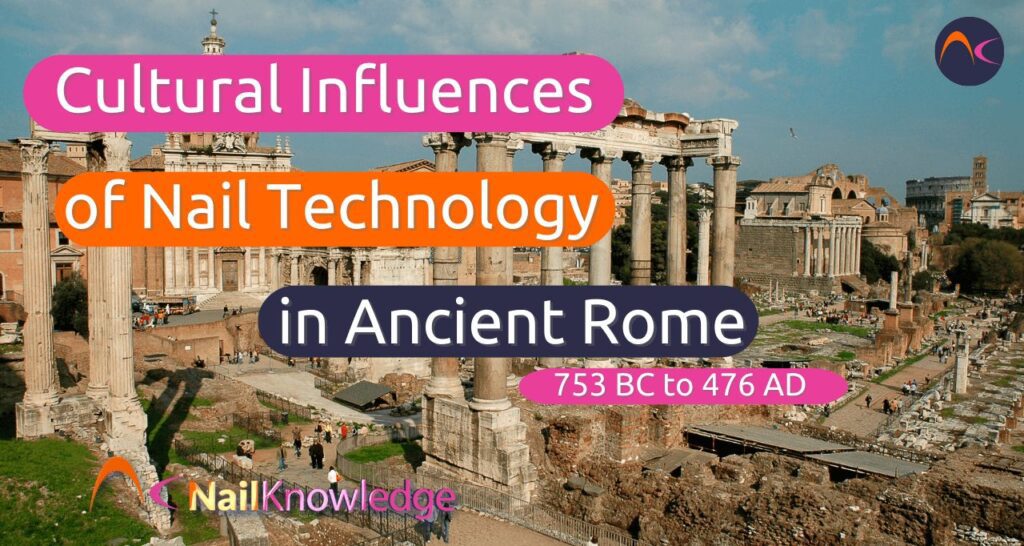
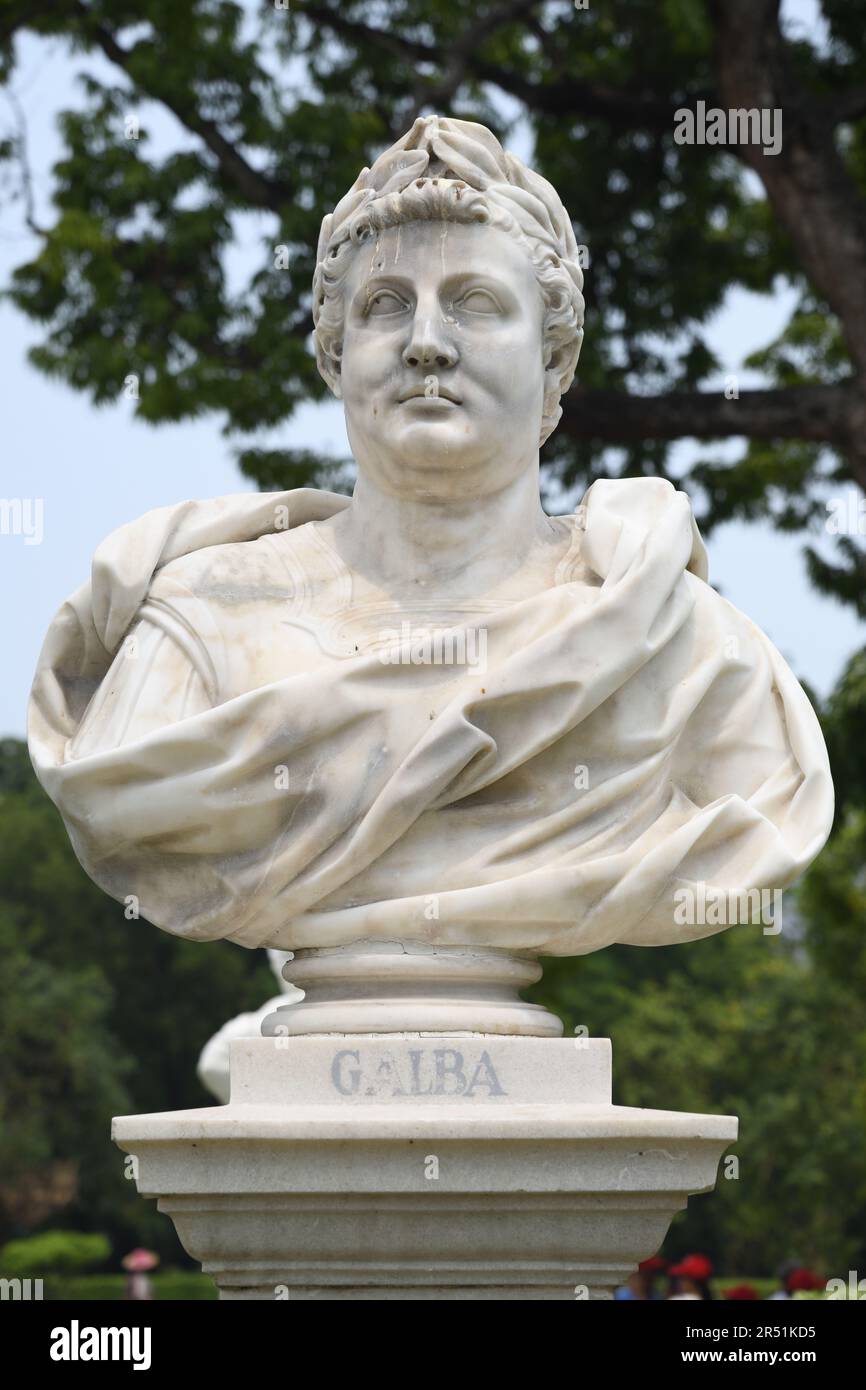




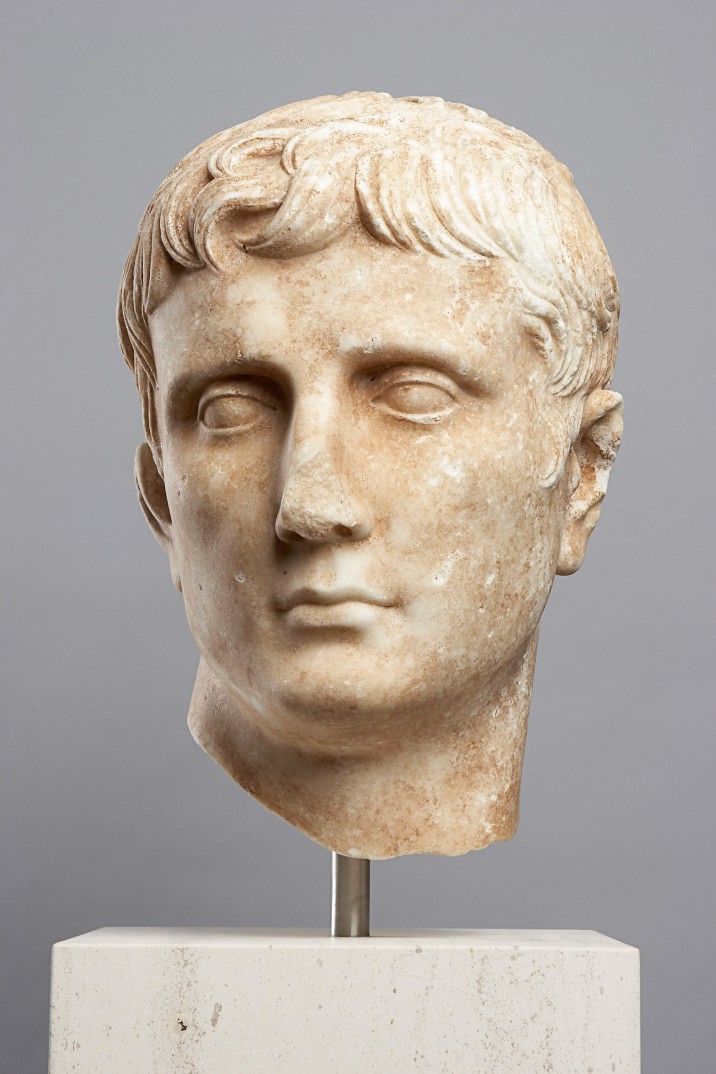

Comments